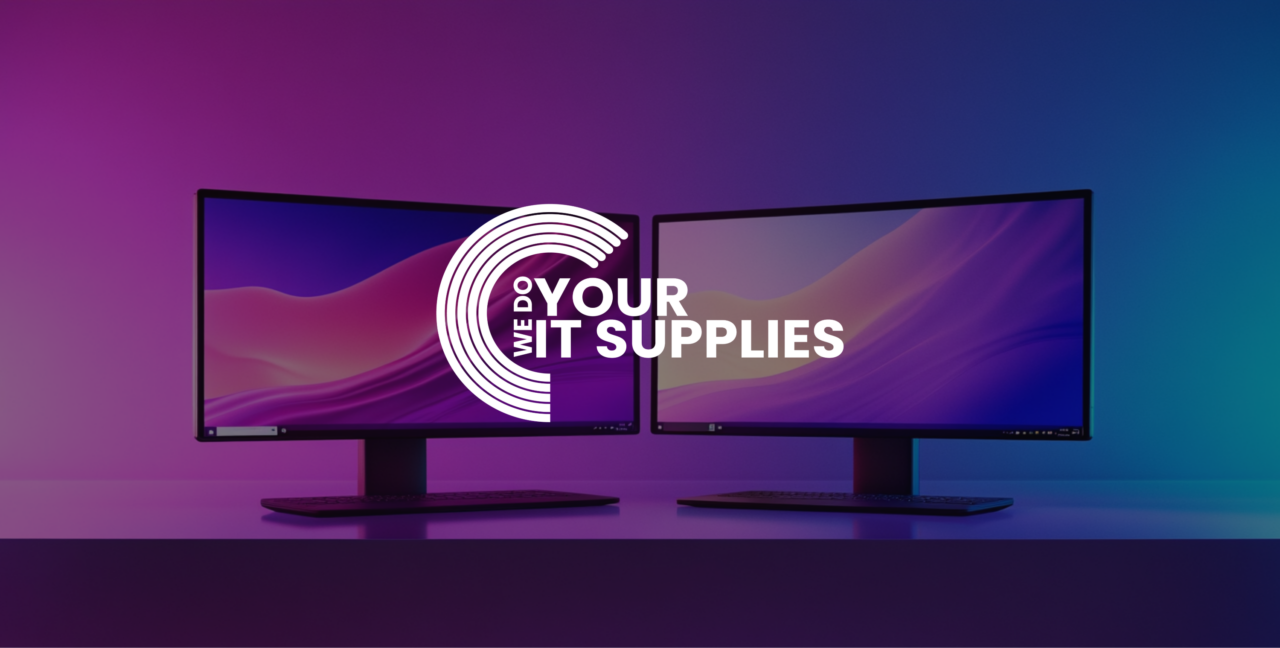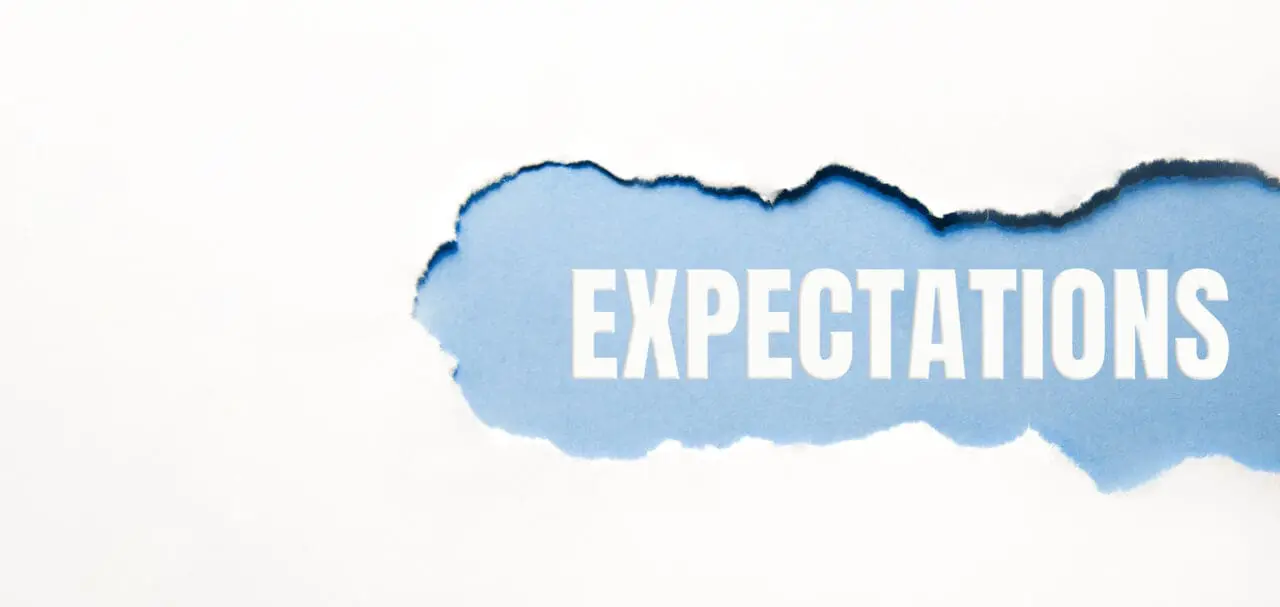

In a surprising turn of events, Apple, one of the world’s most renowned tech giants, was embroiled in a controversial case concerning their practice of throttling iPhones, leading to a significant settlement. In essence, they admitted to intentionally slowing down older models, sparking global outrage and numerous lawsuits.
Throttling, in this context, refers to reducing the operating speed of a device to prevent it from overheating or to extend its battery life. However, it inevitably reduces the device’s performance, creating a frustrating user experience.
Following the admission of iPhone throttling, consumer backlash was swift and fierce. Numerous lawsuits were filed, alleging that Apple had betrayed their trust and failed to live up to its promises of seamless performance.
The settlement has provided a monetary resolution for affected iPhone owners, albeit it may not completely assuage the emotional distress caused by the throttling. Furthermore, Apple’s reputation has taken a hit, raising questions about their commitment to transparency.
Apple’s throttling controversy isn’t an isolated incident but ties into a broader issue within the technology sector: planned obsolescence. Many tech companies engineer products to become obsolete after a certain period, pressuring consumers to purchase newer models.
Apple’s deliberate slowdown of older iPhone models not only hurt their performance, but also raised serious ethical concerns. Intentionally compromising a device’s functionality without adequate consumer notice is seen by many as a breach of ethical norms.
The settlement underscores the importance of consumer rights and protections. Affected iPhone owners receiving compensation can be seen as a small victory for consumer rights, highlighting the importance of holding large corporations accountable.
Apple isn’t the only company to face backlash for planned obsolescence. Similar controversies have unfolded in various industries, including the automotive and home appliance sectors, demonstrating the widespread nature of this issue.
The iPhone throttling settlement may have a far-reaching impact on consumer expectations and corporate practices. It may lead to increased transparency, stronger consumer protections, and a shift away from planned obsolescence tactics in the technology industry.

This website uses cookies to improve your experience. Choose what you're happy with.
Required for the site to function and can't be switched off.
Help us improve the website. Turn on if you agree.
Used for ads and personalisation. Turn on if you agree.
This website uses cookies to improve your experience. Choose what you're happy with.
Required for the site to function and can't be switched off.
Help us improve the website. Turn on if you agree.
Used for ads and personalisation. Turn on if you agree.